Science plays a crucial role in helping policymakers understand and address complex policy and societal challenges. It aids in evaluating policy alternatives and devising evidence-based solutions. Science for Policy (S4P) refers to using the best available scientific evidence, knowledge, and expertise to inform policymaking, aiming to enhance the quality, effectiveness, efficiency, and impact of public policies.
The Mutual Learning Exercise aims to facilitate the exchange of information, experiences, and lessons learned, and to identify good practices, policies, and programmes that promote S4P. It will help understand the diversity of national S4P ecosystems across Europe and assist participating countries in identifying their relevant needs, challenges, and opportunities, and effective ways to address them.
The following topics of will be addressed by the MLE:
- Topic 1: Foster knowledge sharing within and among the S4P actors and the public.
- Topic 2: Science advice to policymakers: Roles, enabling conditions and incentives.
- Topic 3: Assessing the effectiveness and successful implementation of science-for-policy ecosystems.
- Topic 4: Reinforcing S4P governance and trust.
Documents
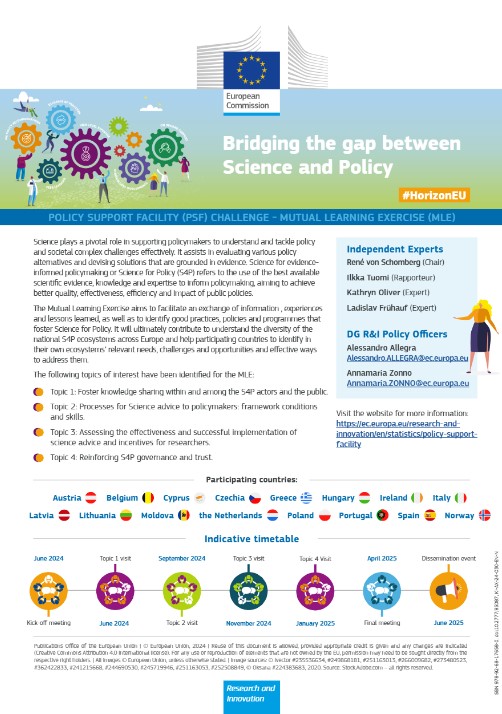
The summary factsheet presents the objective of the mutual learning exercise, key topics of interest, scheduled meetings, names of the experts and DG R&I Policy Officers.
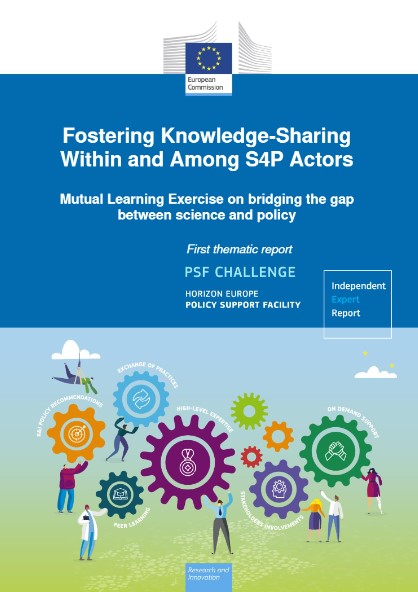
This report explores fostering knowledge-sharing within Science for Policy (S4P) actors, placing S4P within the broader context of knowledge-for-policy (K4P). It introduces key knowledge management concepts and discusses how a knowledge-based approach can shape S4P ecosystems and improve scientific policy advice.
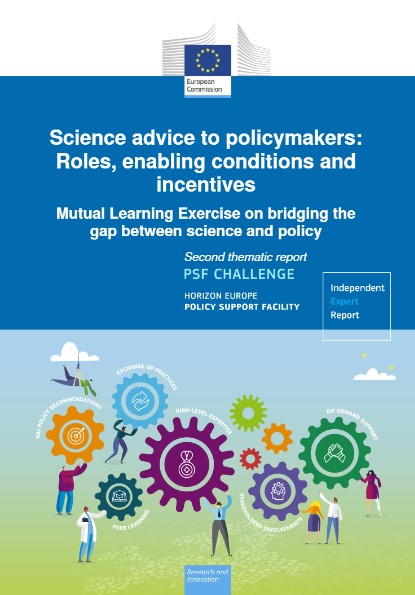
This thematic report focuses on the role of science advice in policymaking. By analysing key characteristics of actors, functions and roles, competencies and skills, and incentives it aims to support the description and analysis of national science-for-policy (S4P) ecosystems.
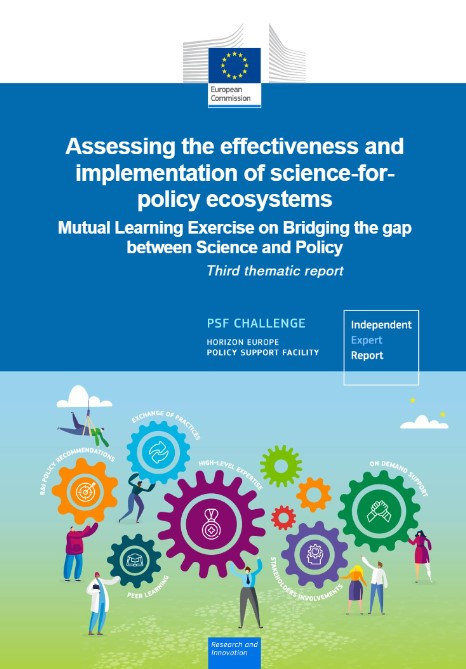
How well do science-for-policy ecosystems function as a whole? This report explores how data and insights can assess individual elements, such as funders or advisory bodies, while also evaluating overall system performance. By examining capacities, outcomes, and trade-offs, it sheds light on strengths, weaknesses, and the impact of different approaches to evidence-informed policymaking.
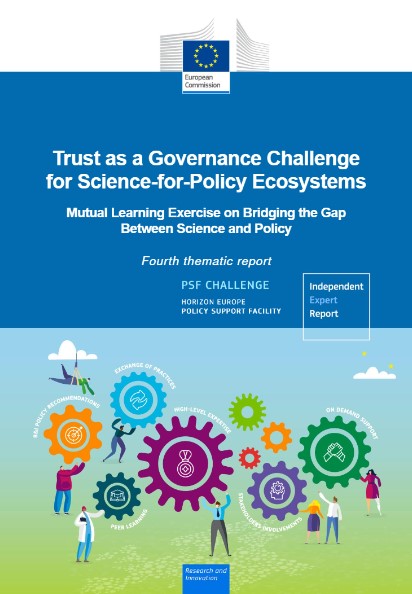
This thematic report explores the issues of trust in, and governance of Science-for-Policy ecosystems. It makes the case for making Science-for-Policy credible, responsive and with anticipatory capacity.
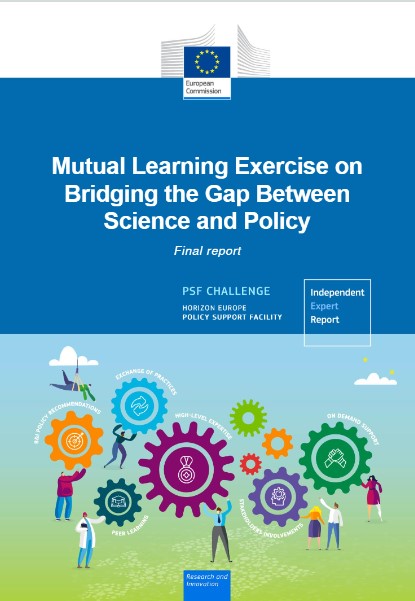
This Final Report explores the key insights generated during the Mutual Learning Exercise and recommends areas where action is needed to improve Science for Policy ecosystems and related policies.
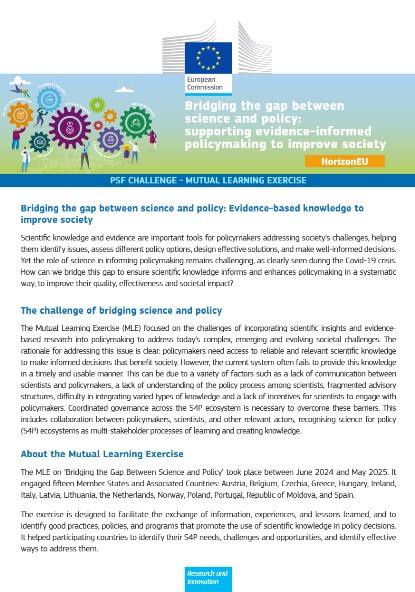
The summary article presents key findings from the Mutual Learning Exercise on Bridging the Gap between Science and Policy. Over the course of 14 months, the expert panel worked on recommendations that promote Science for Policy ecosystems across Europe.
